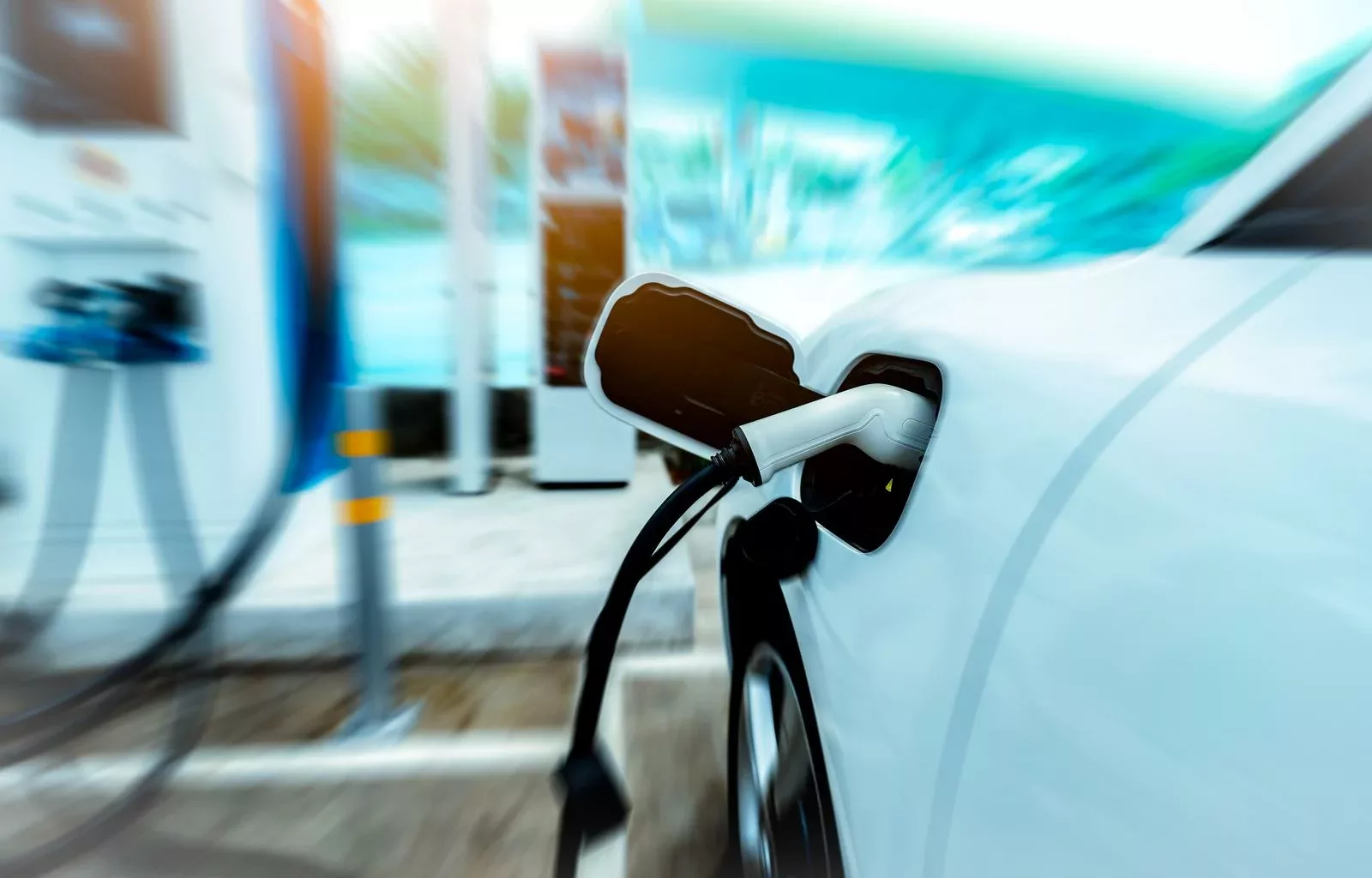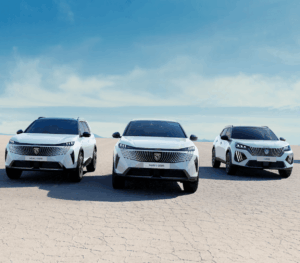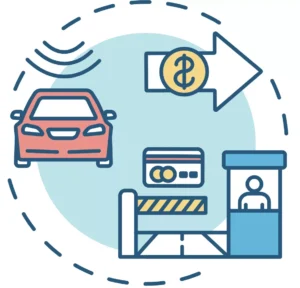When the Government announced laws forcing carmakers to sell more electric vehicles (EVs), ministers hailed it as a triumph that would put Britain at the vanguard of the clean energy transition. Eight months later, however, and there are fears these ambitions are making hard contact with reality.
The zero emission vehicle (ZEV) mandate, which came into force in January, requires 22% of new cars sold in the UK to be electric in 2024, rising annually to 80pc% by 2030, says The Daily Telegraph.
It was designed to provide manufacturers with certainty they could ramp up production of new EVs, while providing a steady stream of supply to the much bigger used car market, Next to this carrot, there is also a stick: those who don’t comply face fines of £15,000 for every car that goes over their non-green quota.
Yet there are fears that the Government’s drive to increase EV ownership is currently stalling, as motorists refuse to play ball. While sales from January to July 2024 rose by 10pc this year, that compares to an increase of about 18% the previous year.
Many consumers remain put off by high prices, as well as the perception that charging infrastructure is not good enough, according to recent research by Auto Trader.
It has left car manufacturers worrying they could struggle to meet their ZEV mandate targets, with Vertu Motors, one of the UK’s biggest car dealers, claiming that some have resorted to withholding supplies of petrol cars in a bid to artificially push their share of EV sales higher.
“It’s almost as if we can’t supply the cars that people want, but we’ve got plenty of the cars that maybe they don’t want,” Robert Forrester, the company’s chief executive, told The Telegraph on Monday.
Fundamentally, the biggest barrier to switching to an EV remains price. Many drivers like the idea of a more environmentally friendly car but, after years of being battered by inflationary pressures, they are less willing to spend big on one right now, according to Marc Palmer, head of insights at Auto Trader.
This has been exacerbated by a number of factors. Rising interest rates have made the car finance deals that many people use to buy new cars more expensive, while the more affordable segment of the market has also nearly vanished.
New car prices have increased by 40pc since 2019, according to an Auto Trader report this year, driven by both higher price tags of EVs as well as decisions by brands including Ford to stop selling lower-priced models such as the best-selling Fiesta.
It means that five years ago about 21pc of new cars available were priced below £20,000 but only 4pc are today, Palmer says.
“You’ve got less choice, while cars are generally becoming more expensive as well,” he adds.
It has made more pricey new electric cars an even harder sell, forcing manufacturers who want to meet their ZEV mandate targets to either discount heavily or cut the number of petrol cars they are selling.
(Pic – Yay Images)
























